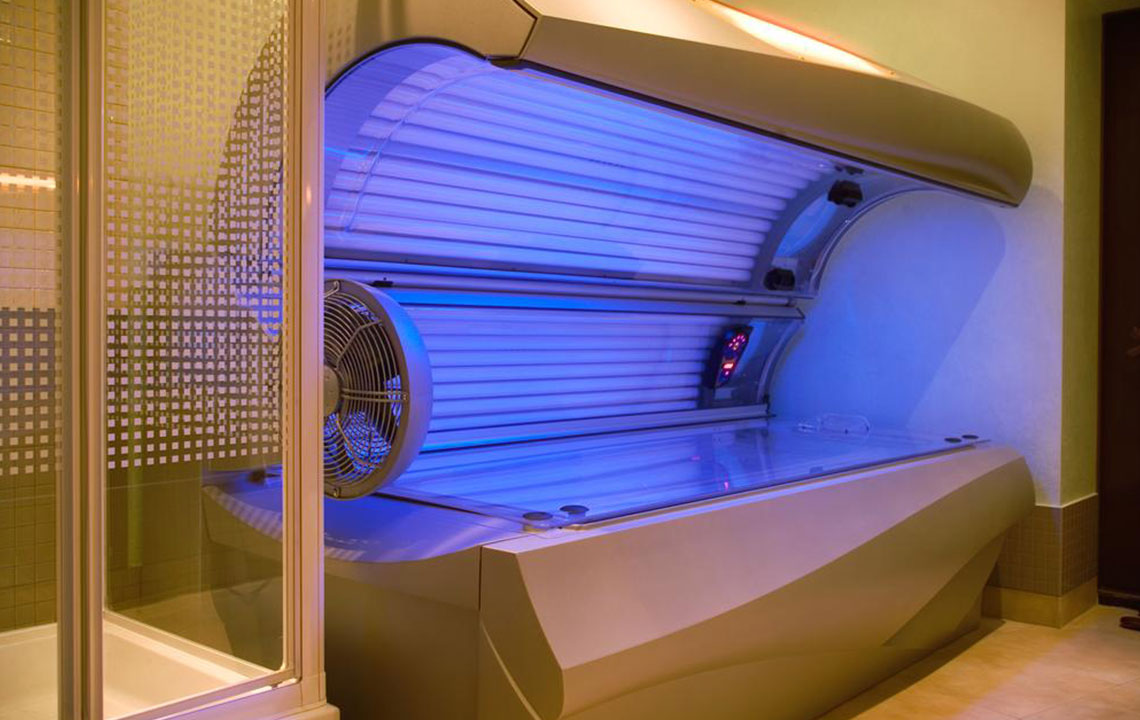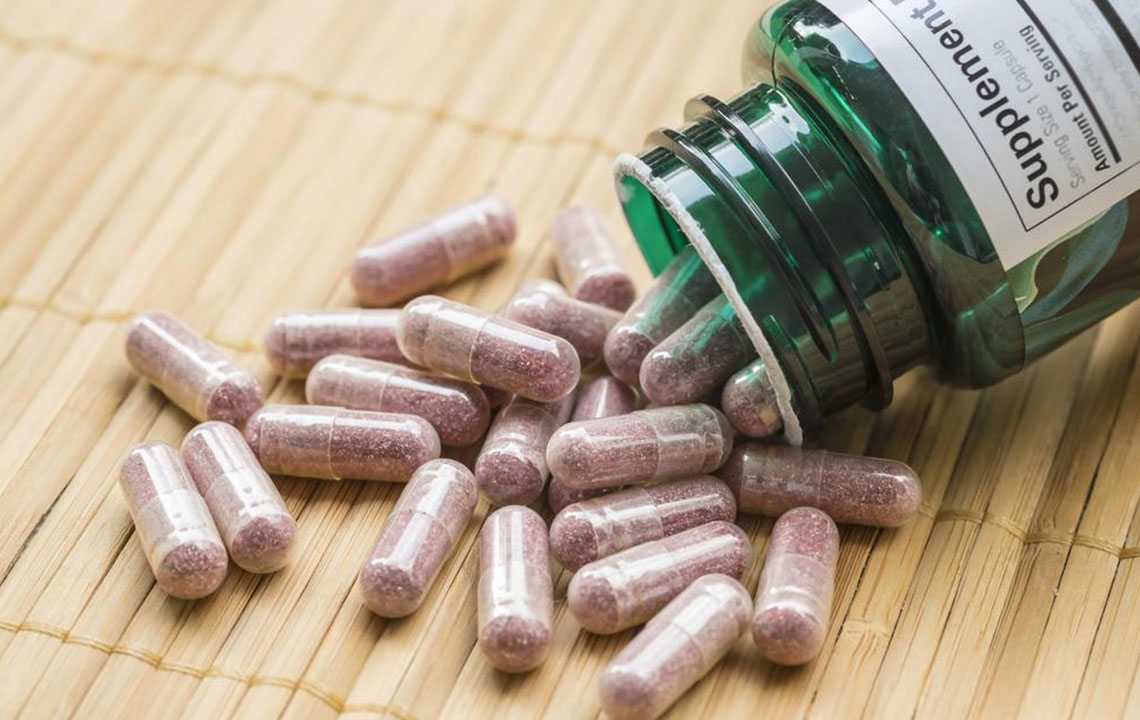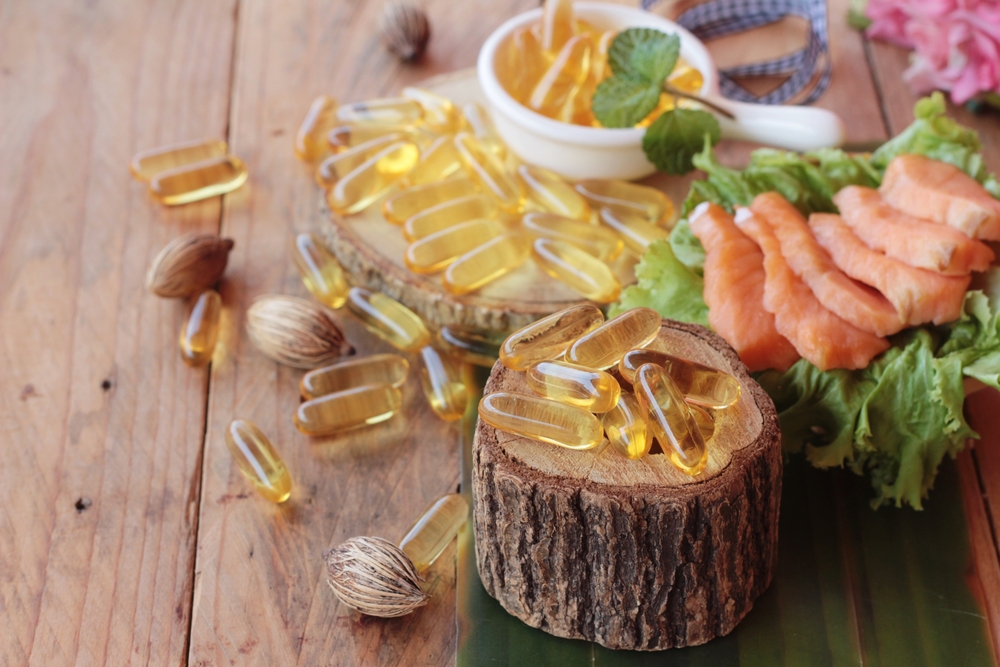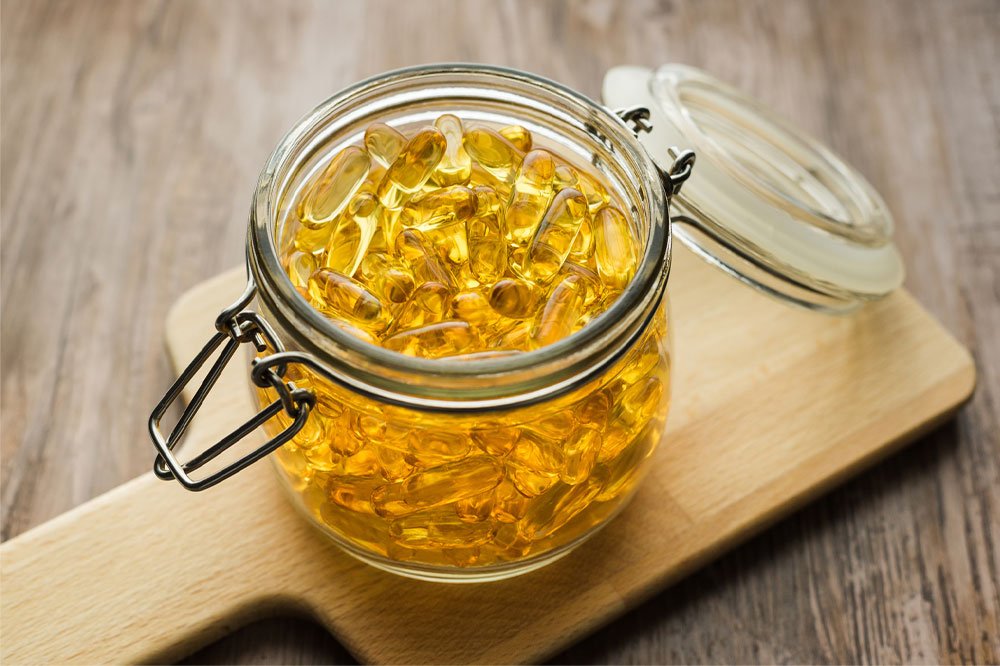A Complete Guide to Sunless Tanning Techniques
Discover comprehensive insights into sunless tanning, including natural and artificial methods, product options, and safety considerations. Learn how DHA-based products, natural foods, and cosmetic products help achieve a bronzed glow without sun exposure. Explore pros and cons to make informed choices about sunless tanning techniques that suit your lifestyle and safety needs.
Sponsored

What Is Sunless Tanning?
Sunless tanning, also called UV-free tanning, spray tanning, fake tan, or self-tanning, involves applying substances to the skin to achieve a bronzed look without sun exposure.
Our skin consists of two main layers: the outer epidermis and inner dermis. When using self-tanning products, reactions occur predominantly in the epidermis, specifically in its lower basal layer.
Sunless tanning has gained popularity as a safe alternative to sunbathing, with natural and artificial options available. Methods include home remedies, commercial products, or tanning supplements. The key ingredient across these options is DHA (Dihydroxyacetone), a transparent sugar reacting with surface skin cells, causing color change.
Different Sunless Tanning Methods
Carotenoid-Rich Foods: Eating fruits like carrots and tomatoes can gradually darken the skin due to their high antioxidant content. However, this natural method takes months for visible results.
Bronzers: Available as powders, gels, sprays, or sticks, bronzers provide immediate coloring. Powder bronzers come in various shades, while gels, sprays, and sticks offer convenient application but may require careful spreading for even results.
Sunless Tanning Extenders: These lotions or creams deepen skin tone by reacting with surface proteins. DHA-based extenders, approved by the FDA, are common but can cause uneven application. Professional salon application can help achieve better results. Users should avoid inhaling or contact with eyes and orifices.
Tanning Pills: Containing coloring agents like beta-carotene or canthaxanthin, tanning pills are ingested to induce skin color changes. However, they can pose serious health risks, including eye crystal formation and liver issues, and are generally discouraged by medical professionals.
Tanning Accelerators: These products contain amino acids such as tyrosine, intended to speed up natural tanning but may have harmful effects and are not recommended.
Advantages and Disadvantages of Sunless Tanning
Pros
Reduces risk of skin cancer due to lack of UV exposure
Convenient and quick application process
Multiple options like bronzers and extenders for customized tanning
Cons
Potential skin irritations or allergic reactions
Bronzers may fade rapidly
Health risks from ingested tanning pills like canthaxanthin
Some products and salons can be costly






